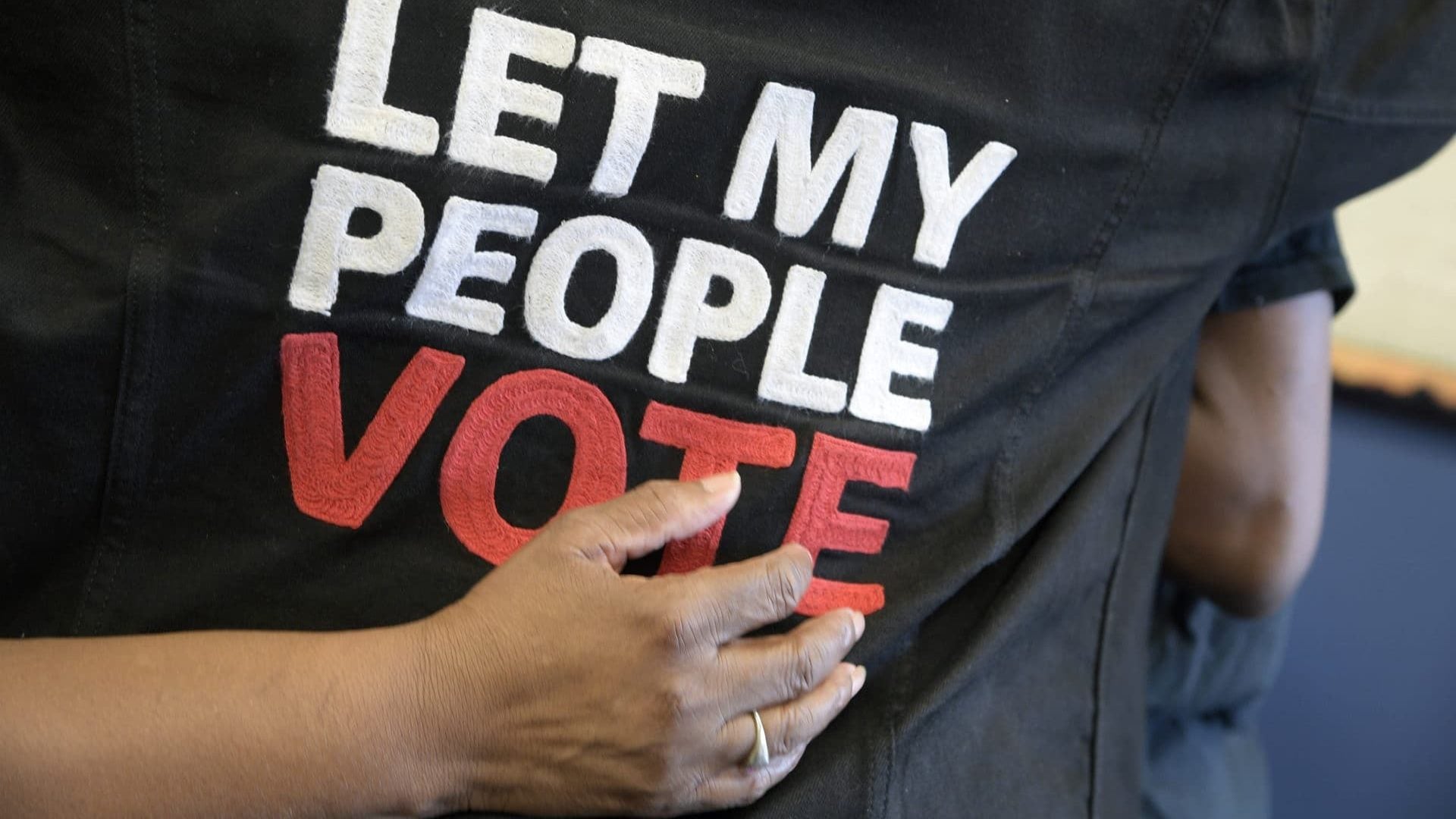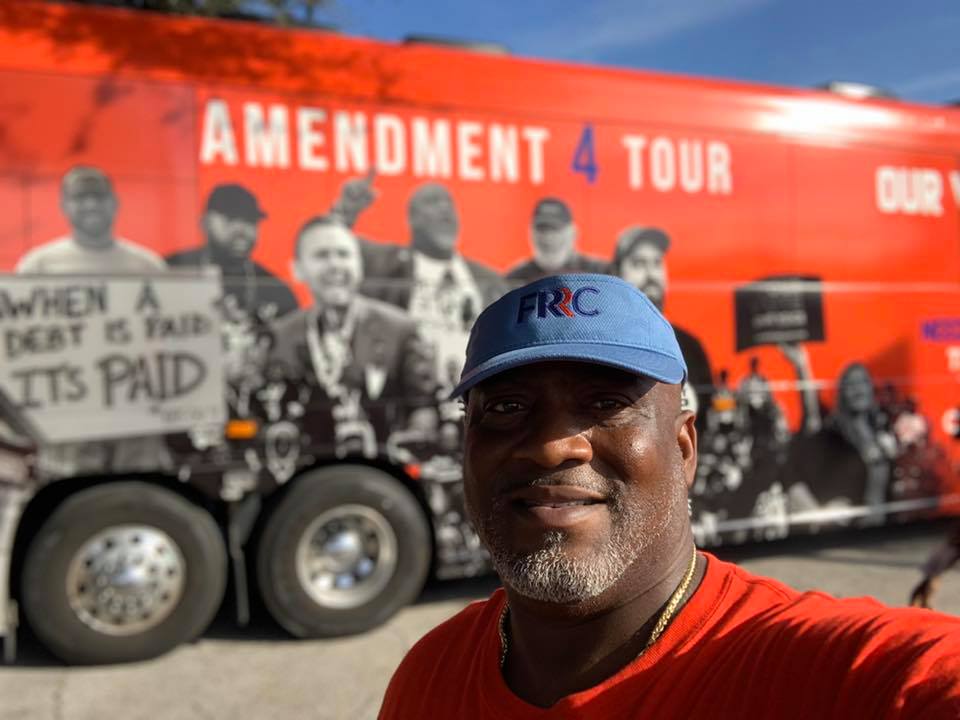
Florida Gov. Ron DeSantis, along with members of the state clemency board, has decided to take a small, but notable step in getting voting rights restored to formerly incarcerated individuals. The decision comes after more than a year of legislative disputes regarding stipulations to Amendment 4— the restoration of voting rights to former felons— which was passed in November 2018.
On Tuesday, the powers that be voted unanimously to allow the formerly convicted to apply for the restoration of their civil rights, which includes voting, even if they haven’t fulfilled financial obligations such as restitution or other court fines. There’s no immediate word on how many people this will affect.
Advocates who have been pushing for a total, and automatic restoration of rights say that it’s a small step forward, and one less road bump in the way. As it stands, the formerly incarcerated are required to apply for the restoration of their rights which could require a wait of up to seven years.

“Today is a small step in the right direction, but more needs to be done,” Desmond Meade executive director of Florida Rights Restoration Coalition, said in a statement shared with ESSENCE. “Lost in the political chatter are the lives of real people, public safety, and Florida taxpayers. It is well documented that restoring civil rights drastically reduces recidivism rates (from 33% to 11% according to the Office of Offender Review study), saves hundreds of millions of Florida taxpayers’ dollars annually, and allows Floridians from all walks of life to stimulate our economy and democracy through inclusion.”
According to the Brennan Center for Justice, close to half of the formerly incarcerated people who registered to vote since the passage of Amendment 4 identified as Black, though Black people only make up roughly 13 percent of Florida’s population.